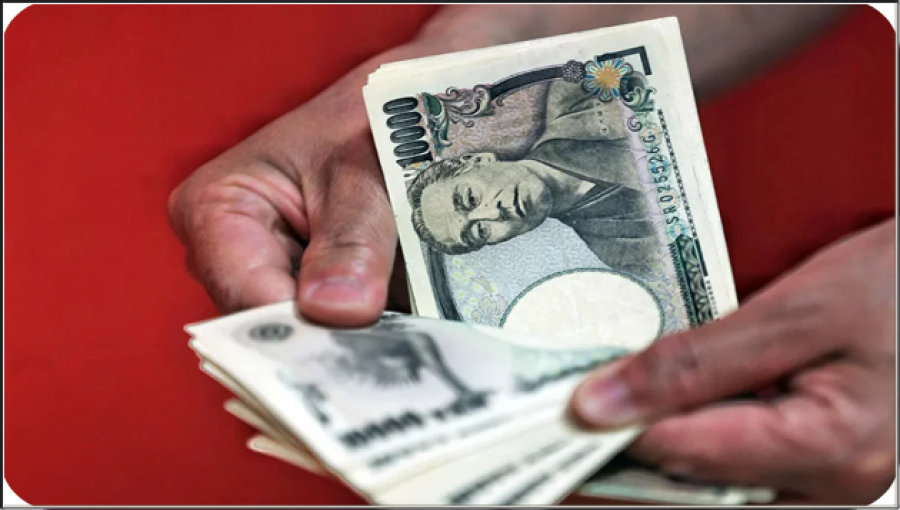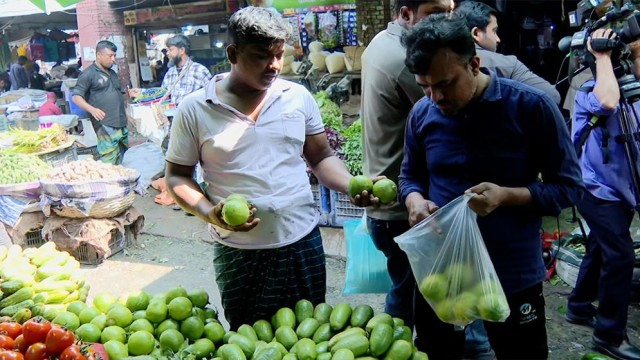Bangladesh experienced a significant 7.77% decrease in inward remittances, totaling US$1.99 billion in March, according to recent data released by Bangladesh Bank. This decline contrasts sharply with the anticipated increase typically observed before Eid, the Muslim festival celebrated with family gatherings and gift-giving.
The unexpected downturn follows a record high of $2.16 billion in remittances recorded in February, marking an eight-month peak. Traditionally, remittance inflows surge as expatriates send money home to support their families during Eid festivities. However, this year's trend deviates from the norm, raising concerns within the industry.
Insiders attribute the decline to a rise in remittances sent through unofficial channels, such as Hundi, driven by more favorable exchange rates for the US dollar outside the formal banking system. Economist Dr. Ahsan H. Mansur highlighted the allure of Hundi, where the exchange rate is significantly higher per US dollar compared to official channels, prompting remitters to opt for informal routes.
This shift raises concerns about its impact on Bangladesh's foreign exchange reserves, prompting government and banking officials to address the issue. Bangladesh Bank's executive director and spokesperson, Md Mezbaul Haque, acknowledged the dip in March but remained optimistic about the overall remittance flow.
Haque emphasized the ongoing efforts to encourage remittances through legal channels, citing governmental and banking incentives aimed at making formal avenues more attractive. Measures include directives for banks to offer additional incentives and the government's existing 2.5% incentive on expatriates' incomes.
"By allowing banks to purchase dollars at an additional 2.5% higher rate, we aim to make the legal channels more attractive for sending remittances," stated Haque, highlighting the central bank's commitment to stabilizing remittance inflows and reducing reliance on informal routes.































Comment: